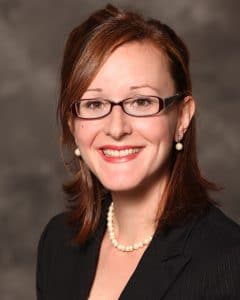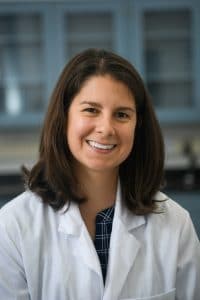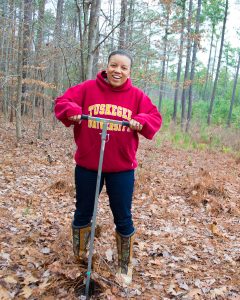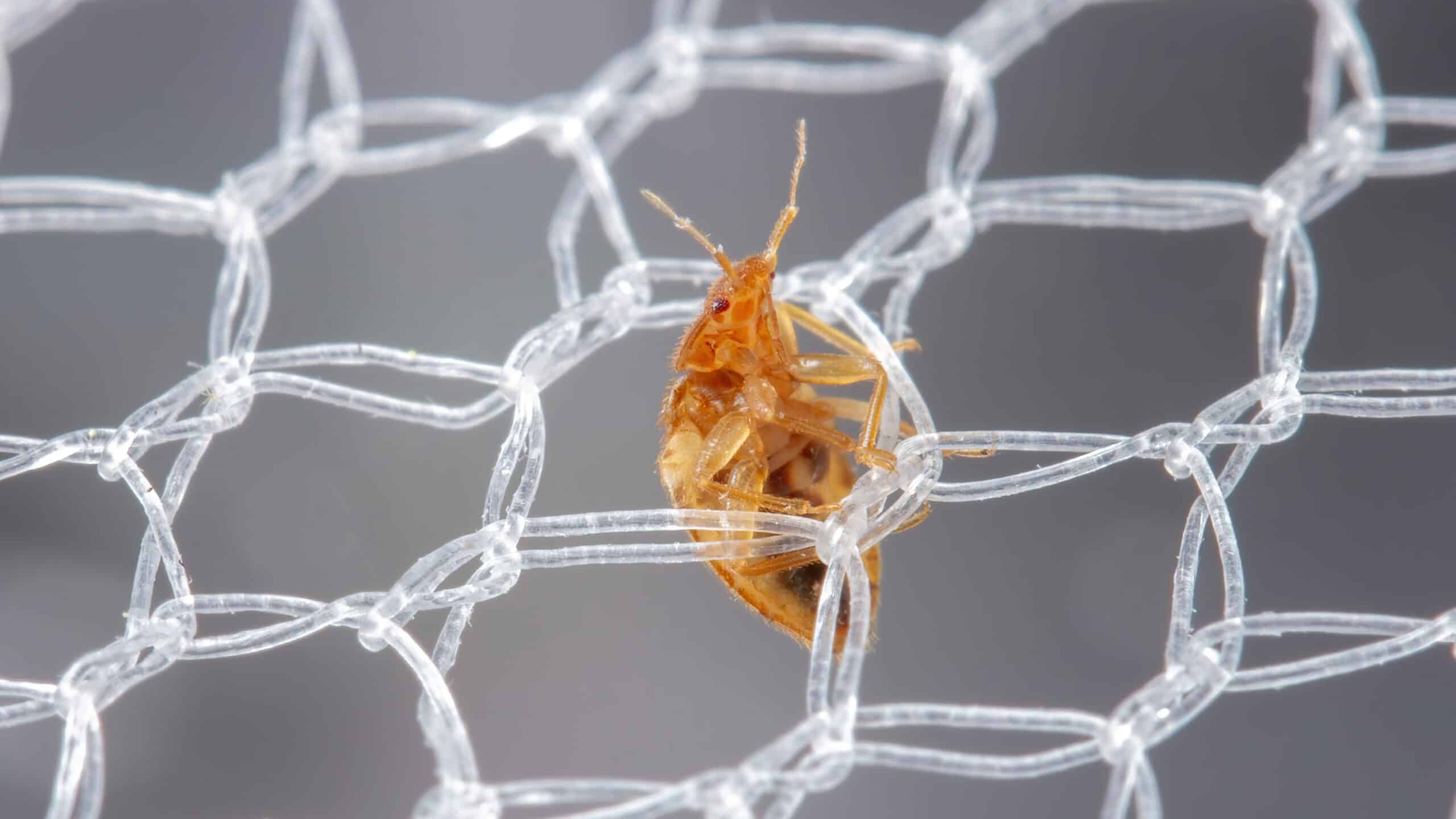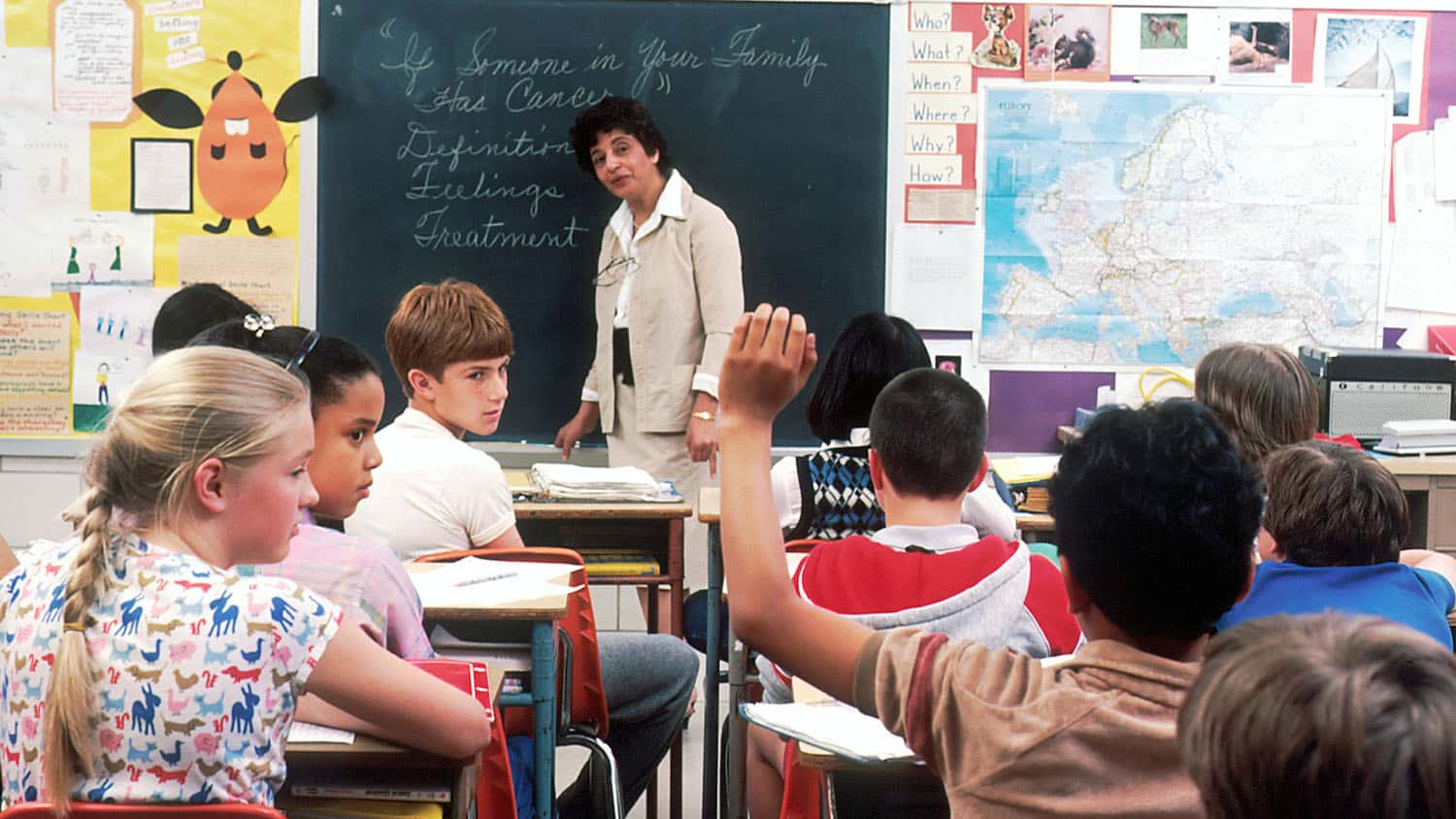Researchers Incorporate Marginalized Voices in Climate Change Solutions
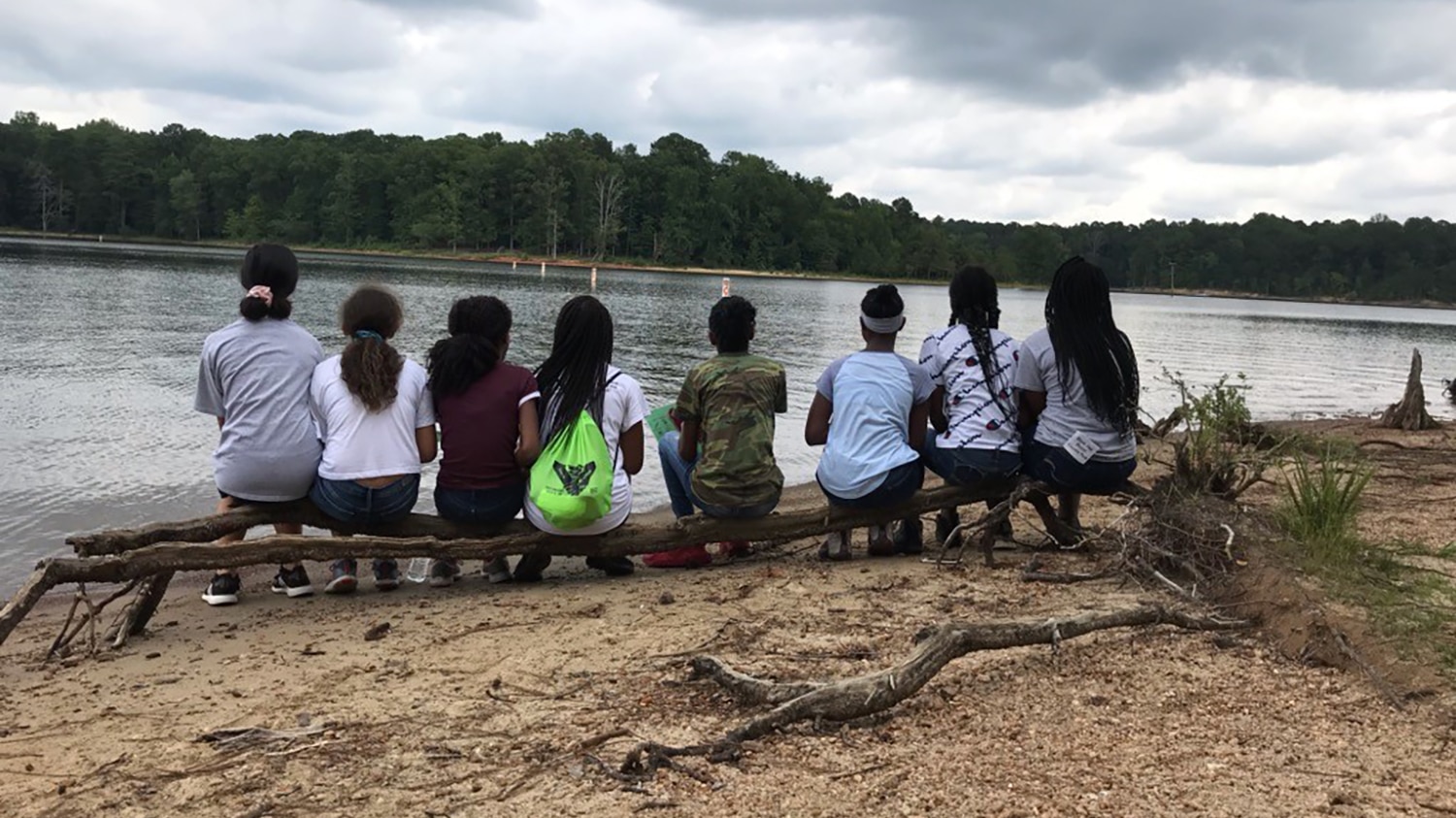
Studying climate change is a multifaceted challenge. The continuous shifts on our planet impact food and water supplies, habitats, human health, power systems and even recreation. People of color and low-income communities are most likely to be affected because of their current landscapes. As experts at NC State study how climate change alters weather, sanitation and soil, they strive to include these voices in their research to ensure that groups facing the highest risk aren’t overlooked.
“We understand climate change as a threat multiplier, in which these existing climate and non-climate stressors work and aggravate existing health disparities or social inequalities, pollution and health systems issues,” said Jennifer Runkle, an environmental epidemiologist at the North Carolina Institute for Climate Studies.
Runkle’s research focuses on the effects climate change and extreme weather events have on human health, particularly among vulnerable populations.
The North Carolina Institute for Climate Studies has partnered with Crisis Text Line to study how young people’s responses to crisis change during such events. Runkle has also studied how Hurricane Florence affected the mental health of young people in North Carolina and South Carolina, as well as how compounding incidents — like extreme weather events during the COVID-19 pandemic — have impacted mental health.
Angela Harris is an assistant professor in NC State’s Civil, Construction, and Environmental Engineering Department and a member of the Global Water, Sanitation and Hygiene (Global WaSH) cluster in the Chancellor’s Faculty Excellence Program. She’s interested in the resiliency of infrastructure systems as extreme weather and flooding events become more frequent. As she studies the intersection of human health and climate disasters, she’s well aware of how fragile water supply can be.
“Not everyone is receiving this basic human right of safe drinking water, even in the United States,” Harris said. “Not often do people look at both chemical and microbiological hazards that people are being exposed to.”
In workshops, Harris brings together state officials, community stakeholders, engineers and members of the public, embracing different perspectives on how infrastructure can be more resilient to climate change.
“For these systems-level efforts where things are so interconnected, it is important to have everybody at the table,” Harris said.
Disparities seep into every facet of life, touching a person’s health, profession, safety, social life and more. Though the effects of climate change are borderless, they exacerbate these disparities. Because of this, centering marginalized voices and including them in research is vital to developing true climate solutions.
Fostering diversity brings unique perspectives to the field, which can ensure solutions benefit everyone. Zakiya Leggett, an associate professor studying soil ecology in the College of Natural Resources, recently co-authored a journal article that discusses how encouraging students of color in ecology will benefit the field. “Black ecologists across the world often have broader definitions of impact because we, as a collective, come from different walks of life and thus think, speak and act differently,” she said. “Promoting inclusive environments for us entails recognition and acceptance for our diverse contributions.”
Sometimes, Leggett says, ecology work can feel isolated from other disciplines. That’s why she makes sure her students can see how their projects relate to public science and have a human impact.
“Students are very interested in projects that tie back to potential issues or questions that may have come up in their community,” Leggett said. “Students say you can have all the inclusion and diversity efforts you want, but they’re a moot point if the science doesn’t tie back to the communities and if you don’t hear from the communities as research projects are being developed.”
